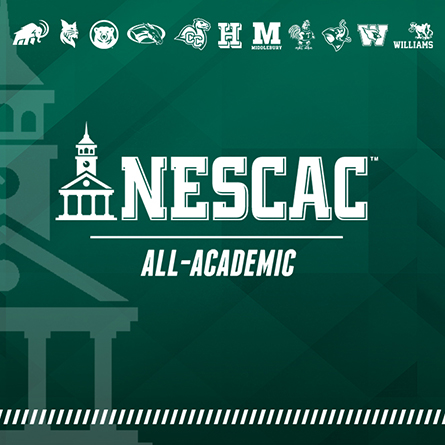.jpg)

103 Camels named to NESCAC Fall All-Academic Team

Conn opens International Student Lounge

November in Pictures

Women’s Cross Country finishes 19th at the NCAA Championship; McDonough earns All-America honors




Marketing and Communications
Mailing Address
Connecticut College
Office of Marketing and Communications
270 Mohegan Ave.
New London, CT 06320
Campus Location
Becker House
Office Hours
M-F 8:30 a.m - 5 p.m.